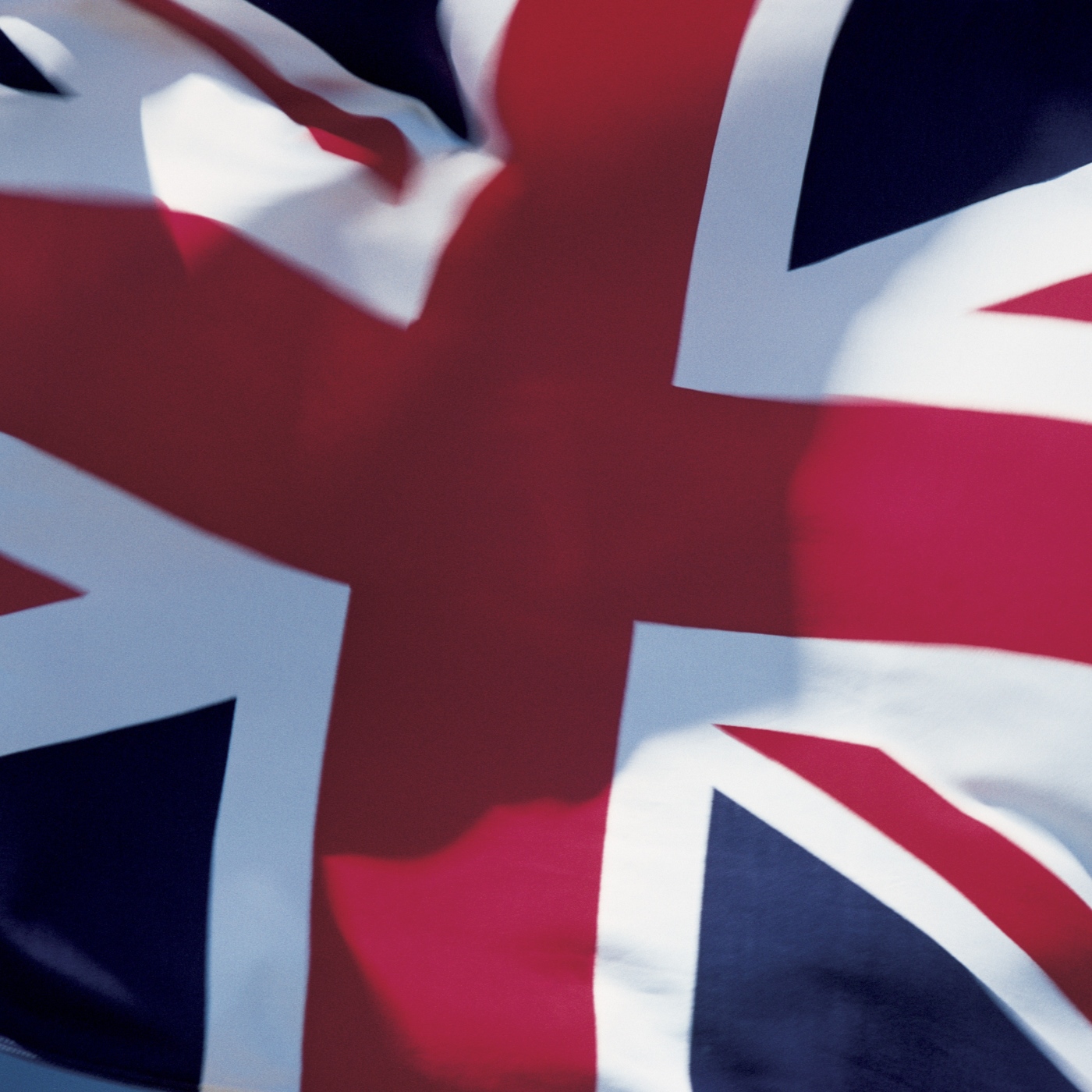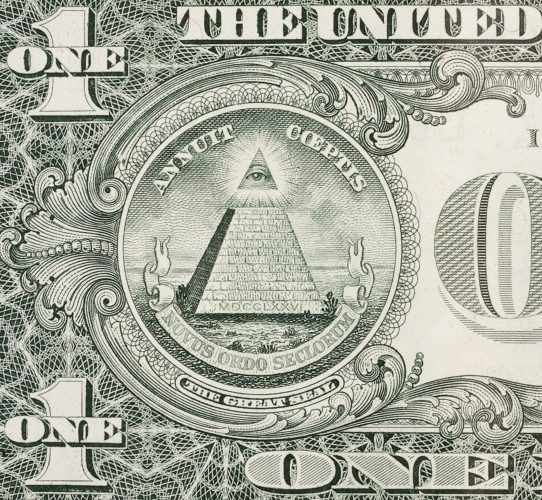
The U.K. referendum on its European Union membership is just around the corner, and the decision has some profound ramifications. Some estimates put the impact of a U.K. exit at a 9% to 10% cut in gross domestic product (GDP) by 2030. More conservative estimates suggest a number between −0.9% and +0.5% impact on GDP by 2030. Long-term macroeconomic forecasts aside, it is much easier to try to predict how either decision may affect companies on the front lines of impact on both sides of the Atlantic. Here are some companies set to lose if the United Kingdom rescinds its EU membership.
The companies most exposed to the U.K. economy or shifts in it are those that provide goods and services at the fringe of consumption, like luxury spending. Restaurants, takeaways and electronic goods likely will take a hit. Which companies have a large U.K. presence? Fast-food giant McDonald’s Corp. (NYSE: MCD) turned over in excess of $1.4 billion in the United Kingdom in 2014, which amounts to more than 5% of the company’s total global sales, and a portion of these revenues will be in jeopardy if the United Kingdom leaves the European Union this year. Not too bad of a hit, but not to be ignored either.
Volkswagen has approximately 820,000 (20%) German-produced vehicles exported to the United Kingdom every year. With Britain out of the European Union, these cars will become proportionately more expensive for the U.K. consumer to purchase. VW is the leading German auto seller in the United Kingdom, with its Golf model leading the charts for cars sold for nearly a decade. As models like the Golf become more expensive, domestic produced vehicles, or vehicles produced in nations where an EU membership is irrelevant (say, Japan, for example), become more competitively priced. VW U.K. sales could take a hit, and VW’s market cap could do the same come referendum day, if the decision results in a U.K. exit.
Finally, there is Tesco, which is headquartered in the United Kingdom and its shares trade in London. It pays for the majority of its imported goods in pounds sterling. General consensus suggests that sterling will fall considerably if the United Kingdom exits Europe (perhaps even to parity with the euro) and if this happens, companies like Tesco will be paying far more. This has two potential ramifications. The first, Tesco absorbs this cost and its bottom line suffers. Second, Tesco tries to pass on the cost to consumers by way of higher prices, which usually translates to lower sales. Either way, Tesco loses out.
100 Million Americans Are Missing This Crucial Retirement Tool
The thought of burdening your family with a financial disaster is most Americans’ nightmare. However, recent studies show that over 100 million Americans still don’t have proper life insurance in the event they pass away.
Life insurance can bring peace of mind – ensuring your loved ones are safeguarded against unforeseen expenses and debts. With premiums often lower than expected and a variety of plans tailored to different life stages and health conditions, securing a policy is more accessible than ever.
A quick, no-obligation quote can provide valuable insight into what’s available and what might best suit your family’s needs. Life insurance is a simple step you can take today to help secure peace of mind for your loved ones tomorrow.
Click here to learn how to get a quote in just a few minutes.
Thank you for reading! Have some feedback for us?
Contact the 24/7 Wall St. editorial team.
 24/7 Wall St.
24/7 Wall St.




